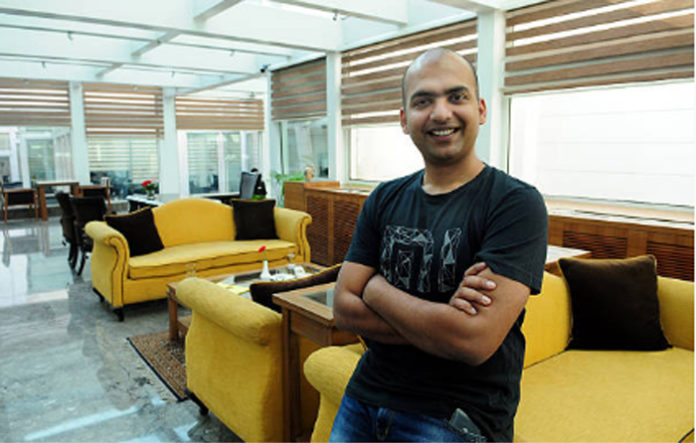China-based electronics and software company Xiaomi Corp. has urged its global smartphone component suppliers to look at investments in India, with an aim to set up a local components ecosystem in the country.
The company is hosting 50-odd suppliers, which manufacture components such as touch panels, camera modules and LCD and LED panels for it, for a three-day tour of Uttar Pradesh and Andhra Pradesh to explore investment opportunities.
If all the suppliers set up base in India, “we believe this could be the biggest ever investment into India….to the tune of Rs15,000 crore, and could possibly create 50,000 additional jobs in India,” Manu Jain, vice-president of Xiaomi Global and managing director of Xiaomi India, said at the firm’s first ever Supplier Investment Summit in New Delhi on Monday.
Xiaomi also announced setting up of its first surface mount technology plant for local manufacturing of printed circuit board (PCB) assembly units, at Sriperumbudur, Tamil Nadu, in partnership with Foxconn.
“We are starting an SMT line for PCB assembly… one of the key challenges that the Indian electronics industry faces is that the local value addition is about 10% of the industry. PCB is the most important component of the phone and accounts for 50% of the value of the phone,” Jain said, adding the company aims that by the next quarter, all of Xiaomi phones assembled in India will have a locally manufactured PCB.
The announcement comes immediately after the government on 2 April imposed a 10% basic customs duty on import of smartphone components such as camera modules and PCB assemblies. Prior to this, there was no import duty on these components.
Moreover, in the budget for 2018-19, the centre had increased customs duty on mobile phones to 20% from 15%. The measures are in line with the government’s Phased Manufacturing Programme, which aims to boost local manufacturing of phones.
In its first phase, the government had targeted production of various components for three years—mechanics, die-cut parts, microphones and receivers, keypads and USB cables in 2017-18; printed circuit boards, camera modules and connectors in 2018-19; and display assemblies, touch panels, vibrator motors and ringers in 2019-20.
Korean handset maker Samsung is the only other major brand that assembles PCBs in India.
Apart from the PCB plant, Xiaomi on Monday also announced ramping up of its smartphone assembly facility with the addition of three more plants—two in Andhra Pradesh and one in Tamil Nadu in partnership with Foxconn. Xiaomi has also started assembling smartphones at its Noida facility in partnership with Hipad Technologies, which already manufactures power banks for Xiaomi. The company did not share the investment figures for these new facilities.
With this, Xiaomi now has six smartphone assembly plants across campuses in Tamil Nadu, Andhra Pradesh and Noida. With this capacity expansion, the company can now produce two phones per second instead of one earlier, Jain added.

















































